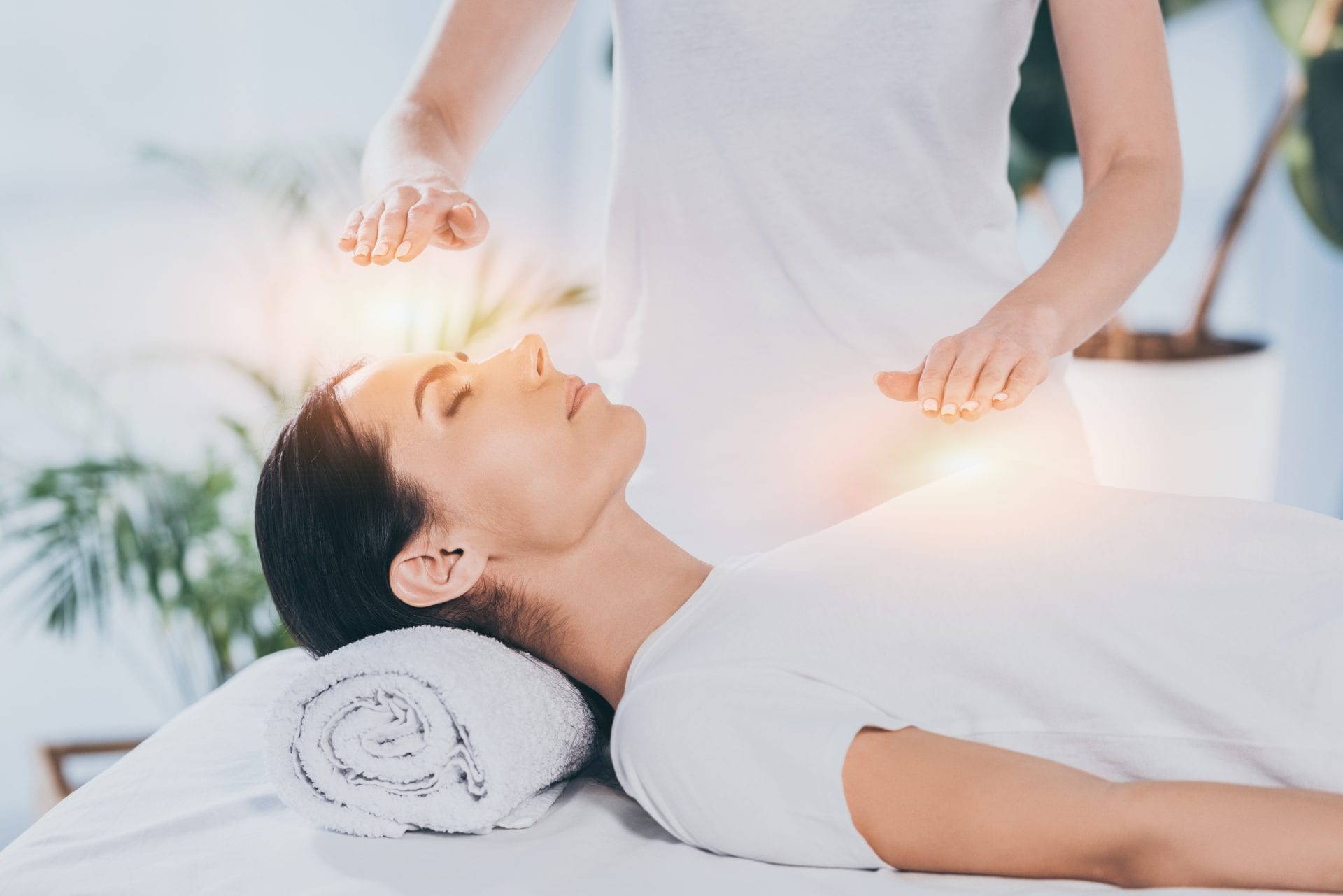Sarah didn’t know how bad her addiction to drugs and alcohol was until her loved ones planned a drug and alcohol intervention for her. She also didn’t realize that her actions affect others. At this point, she realized that it was time to get better for herself and those affected by her addiction.
Addiction is a chronic illness that affects two categories of people – the primary and secondary individuals. The truth is, many addicts live in a world that revolves around drugs and alcohol.
Most addicts find it hard to picture a life sober through the haze of substance-induced euphoria. But an intervention can help a person break through that haze.
While some addicts might hit rock bottom and decide to seek treatment for their addiction on their own, this isn’t the case for everyone. Sometimes, it takes the secondary party staging a drug abuse intervention to realize they need help.
Are you a concerned friend or parent? Do you wish to intervene and get your loved one to agree to treatment? Are you conflicted about how to achieve this? Keep reading to find out when and how to stage an intervention!
What Is a Drug and Alcohol Intervention?
In the simplest terms, it is a conversation between addicts and their loved ones about the addict’s addiction. The goal of every intervention is to eventually get the addict to agree to treatment and rehabilitation.
A successful intervention is one where the addict realizes how much his addiction affects not just them but their loved ones and decides to get help.
That realization is important because, for an addiction treatment program to be effective, the addict must want to get sober.
But unfortunately an intervention is not as easy as having a conversation. It sometimes doesn’t work especially when the addict denies their addiction or willfully refuses to discuss it. An intervention is all about communication on both sides.
While loved ones want the addict to know how the addiction affects them, it’s important to also know the “how” and “why.”
If a regular intervention with family and friends is unsuccessful, consider inviting an intervention specialist to help out. After a successful intervention, both parties can find a treatment center together. You can use this SAMHSA locator to find one.
How Do You Know When You Need to Plan a Drug Abuse Intervention?
Is there a sign that says it’s time to have a drug and alcohol intervention? Well, no, there isn’t. However, studies show that early intervention is often the best.
Early intervention might be as soon as you notice certain signs that show that your loved one is struggling with an addiction. Signs of addiction can range drastically from person to person as addiction manifests differently in everyone.
Here are some telltale signs to look out for:
- Increased aggressiveness or moodiness
- Excessive borrowing of money
- Increased deterioration in physical appearance
- Recent secretive behavior
- Lack of interest or problems at school or work
- Increased fatigue
Please note that the list above is not an exhaustive list of signs of addiction.
Before staging an intervention, you might want to talk to other people close to the addict. They might have noticed the same issues and may want to be a part of the intervention.
If you are too worried about the addict’s reaction to an intervention or what you will say, contact an intervention specialist first and ask them to be a part of the intervention.
Anchored Tides Recovery Is Here for Your Loved One
Are you looking for a good addiction treatment center for your loved one? Try Anchored Tides Recovery, a top women-focused rehab center located at Huntington Beach. We offer treatment programs tailored to treat addiction in women. Reach out to us today to learn more about our program and how we can help your loved one recover!





























